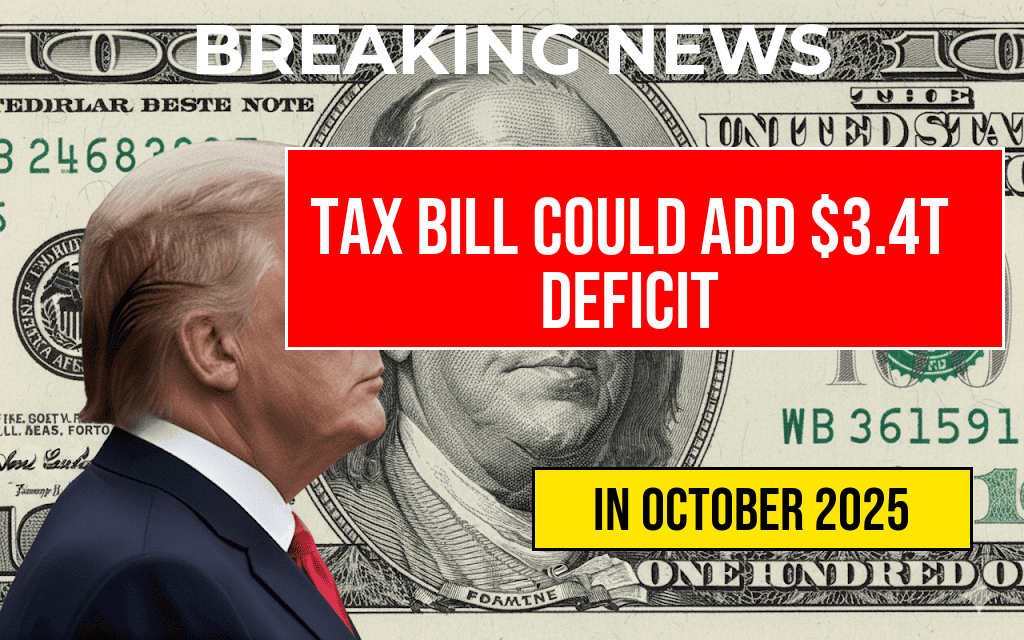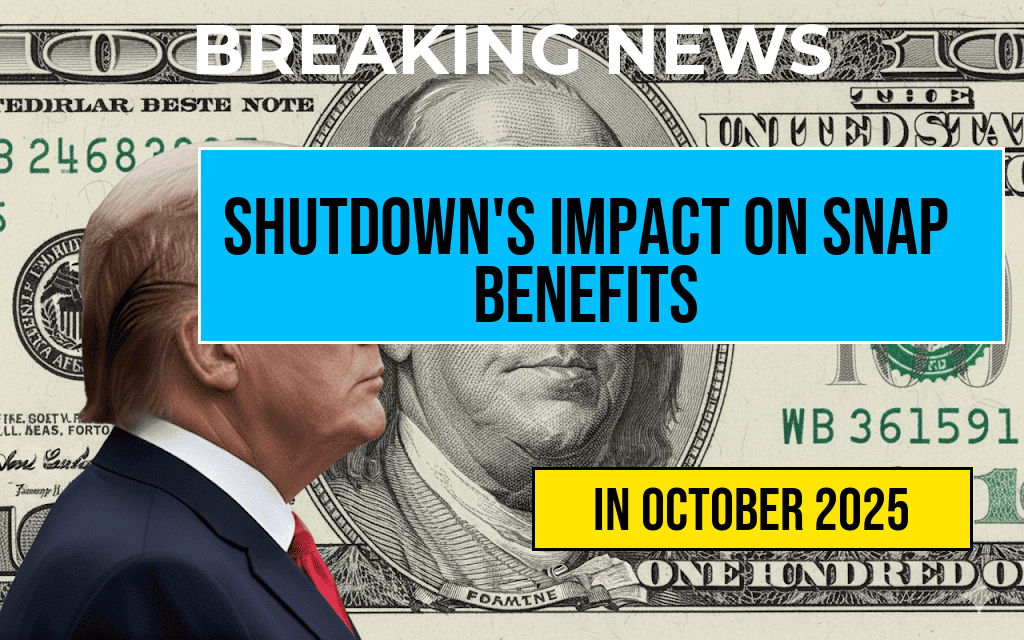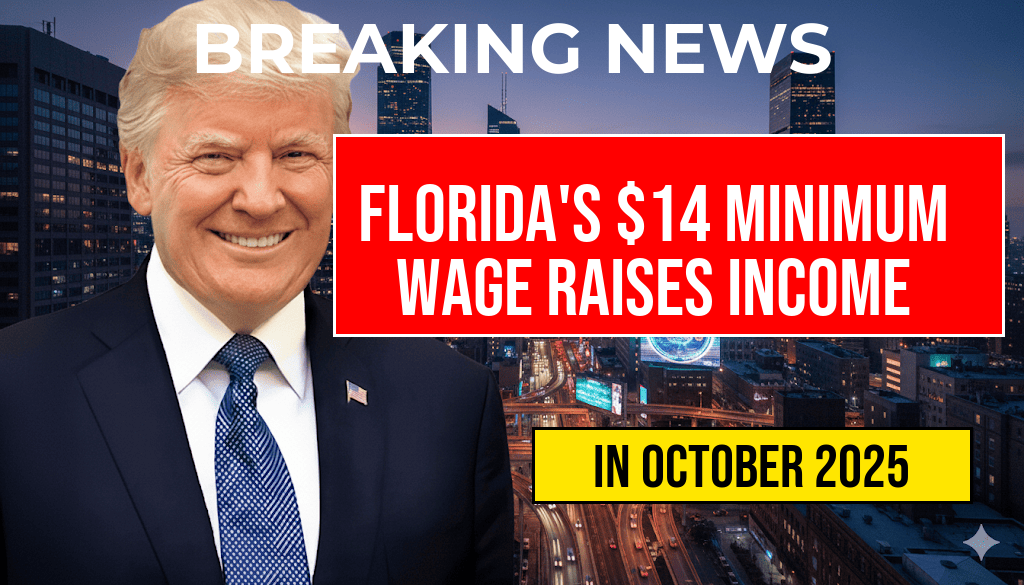The prospect of a government shutdown has raised concerns across multiple sectors, especially for millions of Americans relying on SNAP benefits (Supplemental Nutrition Assistance Program), commonly known as food stamps. With congressional negotiations faltering over federal budget allocations, the potential for a lapse in federal funding threatens to disrupt vital social services. Experts warn that a shutdown could lead to immediate and significant impacts on food assistance programs, with some states prepared to face temporary reductions or delays in benefit issuance. As lawmakers debate spending priorities, vulnerable populations are bracing for uncertainty, highlighting the importance of understanding how a shutdown might affect their access to nutrition assistance.
Implications of a Federal Shutdown on SNAP and Food Assistance Programs
Funding Disruptions and Benefit Issuance Delays
At the core of the potential impact lies the interruption of federal funding streams that finance SNAP and related nutrition assistance initiatives. When the government ceases operations, the U.S. Department of Agriculture (USDA)—which administers SNAP—often faces delays in disbursing funds. These delays can translate into missed or postponed benefit deposits for recipients, particularly if the shutdown extends over several days or weeks.
While some states maintain reserve funds or interim measures to support benefit distribution during short-term shutdowns, prolonged fiscal impasses could exhaust these reserves, leaving beneficiaries without timely assistance. This could worsen food insecurity among low-income families, seniors, and individuals with disabilities who depend heavily on predictable SNAP benefits.
State-Level Responses and Contingency Plans
| State | Contingency Measures | Notes |
|---|---|---|
| California | Utilizes state funds to partially support SNAP | Potential delays minimized through proactive measures |
| Texas | Relies on federal funds; may implement benefit delays | Prepared for temporary disruptions |
| New York | Maintains reserve accounts for emergency disbursements | May cushion the impact for several weeks |
Despite these efforts, the extent of the disruption largely depends on the shutdown duration and the specific policies enacted by each state. Some states have contingency plans, but none can fully mitigate the risk of benefit delays during extended federal closures.
Impact on Food Security and Vulnerable Populations
Any interruption in SNAP benefits can have immediate repercussions for millions of Americans. Households relying on monthly assistance may face difficulty affording groceries, leading to increased food insecurity. According to a report from the USDA Food and Nutrition Service, SNAP recipients typically experience a 3.5% rise in food hardship during benefit delays.
Seniors and individuals with disabilities are particularly vulnerable, as they often have limited income sources and depend on consistent support. Emergency measures, like state-funded supplements or extension of benefits, can alleviate some hardship but are not universally available or sufficient to cover prolonged disruptions.
Federal Assistance and Legislative Responses
Congressional leaders have historically debated the funding of social safety programs during shutdowns. Some lawmakers advocate for continuing resolution measures that sustain essential services, including SNAP, through emergency funds. Others argue that benefits should be suspended temporarily, raising ethical debates about safeguarding vulnerable populations.
In recent instances, the USDA has issued guidance to states emphasizing that benefits are generally protected during shutdowns, with the caveat that administrative delays may occur. Nonetheless, if the shutdown persists, recipients should monitor official communications from their state agencies and the USDA for updates.
Resources for SNAP Recipients During a Shutdown
- Check your state’s SNAP website for updates on benefit availability.
- Contact local social services agencies for information on emergency assistance or supplemental support programs.
- Stay informed through official government channels and news outlets to receive timely notifications about benefit changes or delays.
Potential Long-Term Consequences
Extended government shutdowns could have lingering effects beyond immediate benefit disruptions. Food insecurity may increase, leading to adverse health outcomes, particularly among children and vulnerable adults. Additionally, the strain on charitable organizations and food banks could intensify as they attempt to fill gaps left by federal delays.
Experts suggest that policymakers consider the broader implications of shutdowns on public health and economic stability, emphasizing the need for bipartisan action to prevent prolonged closures that threaten essential services.
For more information on SNAP and food assistance programs, visit the Wikipedia page on SNAP or consult the USDA’s official resources.
Frequently Asked Questions
What is the impact of a government shutdown on SNAP benefits?
A government shutdown can lead to delays or disruptions in SNAP benefits for recipients. While existing benefits are often protected in the short term, new applications and re-certifications may experience delays, potentially affecting access to food assistance.
Will food stamp assistance continue during a government shutdown?
In many cases, food stamp assistance programs like SNAP are considered essential services, and benefits are maintained temporarily. However, ongoing funding and administrative support could be affected, leading to possible interruptions if the shutdown persists.
How might a government shutdown affect SNAP application processing?
During a government shutdown, the processing of new SNAP applications and recertifications may be delayed due to reduced staffing and operational disruptions, potentially causing delays in benefit issuance for eligible individuals.
Are there any measures in place to protect SNAP beneficiaries during a shutdown?
Yes, typically existing SNAP benefits are protected for a certain period during a government shutdown. However, continued funding and administrative operations depend on congressional actions, and prolonged shutdowns could pose risks to benefit continuity.
What should SNAP recipients do if their benefits are delayed or interrupted?
If SNAP benefits are delayed or interrupted, recipients should contact their local assistance office for guidance. It is also advisable to stay informed through official government communication channels for updates on the shutdown’s impact on food assistance programs.










